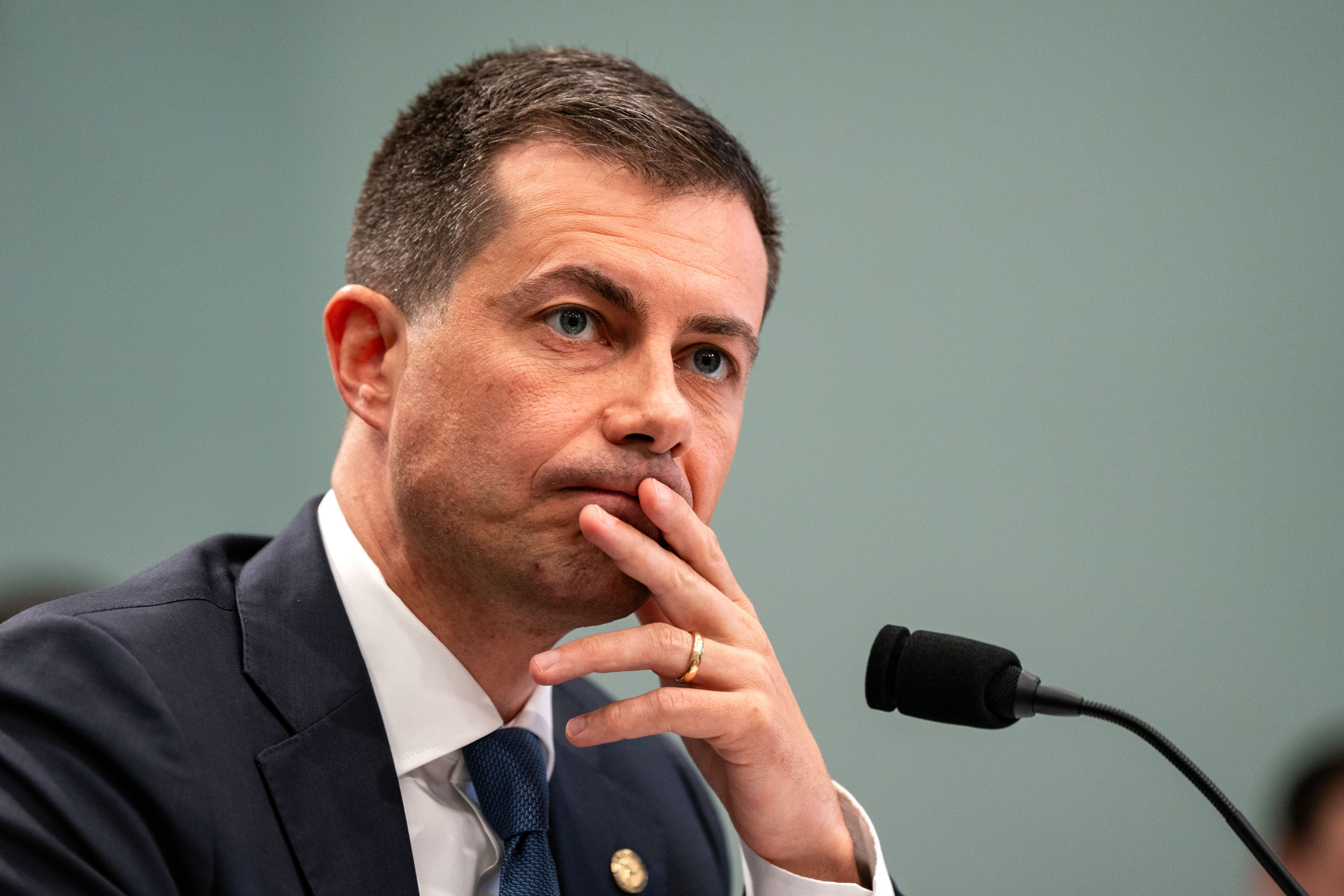Donald Trump fundamentally changed the Republican Party. Aside from the issue of immigration, nowhere is this change clearer than in foreign affairs. His signature America First trade policy and his refusal to divide the world into a simplistic "friends vs. enemies" dichotomy reverberated throughout America because it carried some truth to it. After all, America's industrial base was indeed weakened, threats had changed, and allies were faltering.
Shining a light on the realities many in Washington overlooked, Trump shattered orthodoxies, poking holes in widely held assumptions in ways America had not seen in decades. Fixating on concrete national interests and questioning the effectiveness of values-centric decision-making, he revived elements of Jacksonian and Hamiltonian foreign policy thinking that appeared long forgotten—even by those who love to quote the Founding Fathers.
While this was happening, a remnant of "establishment" GOP donors, staffers, and politicians worked to return the party to conventional foreign policy thinking. Although Republican voters' preferences align with Trump's worldview, an identity crisis within GOP leadership has become more evident as global affairs descend into chaos. The ongoing presidential primary exemplifies this crisis.
The night before the third Republican presidential primary debate, pharma billionaire Vivek Ramaswamy unveiled his "No to Neocons" pledge. With moves like this one, the candidate has attempted to out-Trump Trump, extending isolationist rhetoric into conversations regarding Israel and China.
Ramaswamy's messaging has been clear-cut. He has labeled Ukrainian President Volodymyr Zelensky "the comedian in cargo pants" and accused Ukraine of being far from a "paragon of democracy."
At the last debate, Ramaswamy made the divisions palpable. He went after the hosts and the RNC. And, most notably, he went after "Dick Cheney in three-inch heels," an attack directed at both former U.N. ambassador Nikki Haley and Florida Governor Ron DeSantis (who has been accused of enhancing his height). The attack was one of many, demonstrating once again that foreign policy is now the issue where the GOP finds the least cohesion.
With Haley, the Cheney comparisons make some sense—she did join Boeing's board of directors after departing from the Trump administration. Additionally, while other candidates offer half-answers to the Ukraine question, the former U.N. ambassador consistently derides Republican proposals for cutting military aid to Kyiv and declares her support for Zelensky.
With DeSantis, who finds himself at war with Haley for second place, it's harder to tell. In a way, no candidate exemplifies the party's identity crisis better than Governor DeSantis, who finds himself struggling in between the foreign policy stances of Haley and Trump. The governor has avoided clearly saying that he would reduce aid to Ukraine or allow Russia to keep some of its annexed territories. Trump and Ramaswamy have not shied away from saying exactly that.

The former president has compared the Florida governor's foreign policy to Senator Mitt Romney's, accusing him of using "neocon rhetoric." In his public appearances, though, DeSantis has expressed skepticism about some of the aid sent to Ukraine. Nonetheless, since he got in trouble for calling the conflict a "territorial dispute" in March, DeSantis' messaging has remained rather ambiguous.
In search of clarity, I asked Jason Johnson, senior adviser to Governor DeSantis, what differentiates the candidate's position on Ukraine from, say, Nikki Haley's. Johnson laughed and then said, "it's very different: no blank checks, no United States boots on the ground." I pressed, asking him if DeSantis would call Ukraine an ally, to which he responded: "I don't know."
Unsatisfied, I asked the governor's press secretary, Bryan Griffin, the same questions. He told me DeSantis "is gonna come up with a clear objective that we can pursue as a country." When pressed about whether Ukraine is an ally, Griffin said: "I think Governor DeSantis is clear about all of his positions, he is clear about Ukraine, he is clear about everything else."
The refusal to address the ally question in particular only confirmed my belief in the existence of an identity crisis. The three leading GOP candidates for president include someone who is not fond of Ukraine, someone who loves Ukraine, and someone who can't give a straight answer.
I talked to Blaze TV show host Steve Deace, who does not have an official position with the DeSantis campaign but has toured with the governor's team. One thing DeSantis won't do, he said, is "sell people the idea that Ukraine could actually win." He also insisted "there is simply not a shared foreign policy mission between Ron DeSantis and [former national security advisor] John Bolton," who is known for his interventionist foreign policy views.
This tug-of-war among the candidates matters because it depicts the variety of interests now pushing against the majority opinion in the GOP's ecosystem. While DeSantis may very well be strategizing, Trump followers' accusations that the governor is propped up by George W. Bush-minded folks are not necessarily crazy. The fact is that, according to a recent NBC News survey, only 35 percent of Republicans support increasing aid for Ukraine—a figure that has been dropping and will likely continue to do so. So why is DeSantis particularly concerned about matching Trump on this issue? Why are donors flocking to Haley in droves when all data suggest that her foreign policy positions, despite her expertise, are unpopular?
No scarcity in theories exists to answer these questions. But the most logical answer remains the same: Trump's foreign policy is loved by Republican voters and hated by the establishment. At the end of it all, as flawed as the system may be, voters still decide. Trump's foreign policy is here to stay.
Juan P. Villasmil is an Intercollegiate Studies Institute editorial fellow at The Spectator World.
The views expressed in this article are the writer's own.
Uncommon Knowledge
Newsweek is committed to challenging conventional wisdom and finding connections in the search for common ground.
Newsweek is committed to challenging conventional wisdom and finding connections in the search for common ground.





